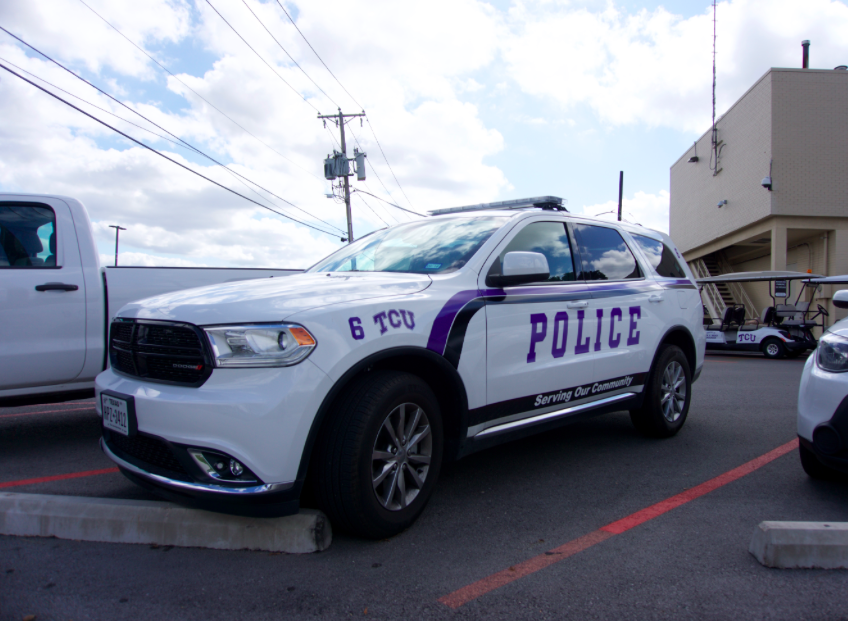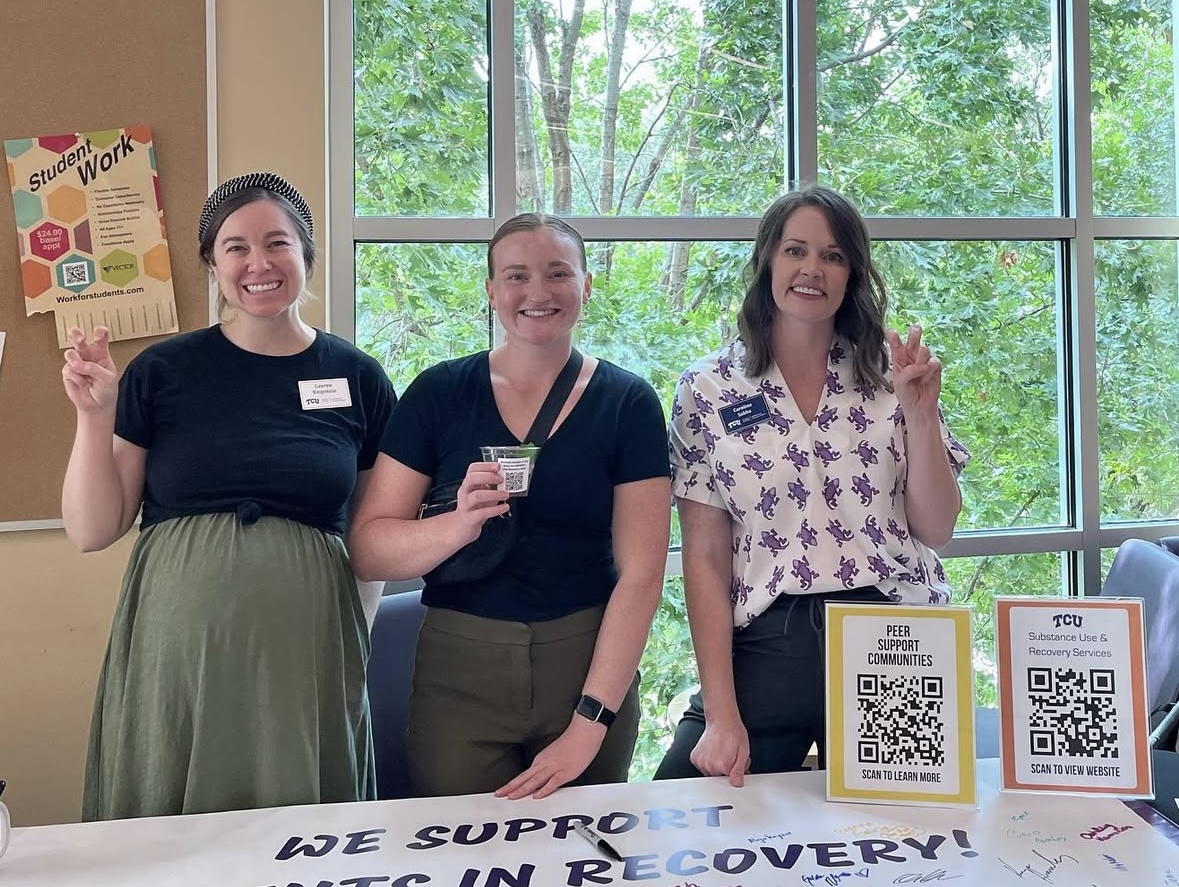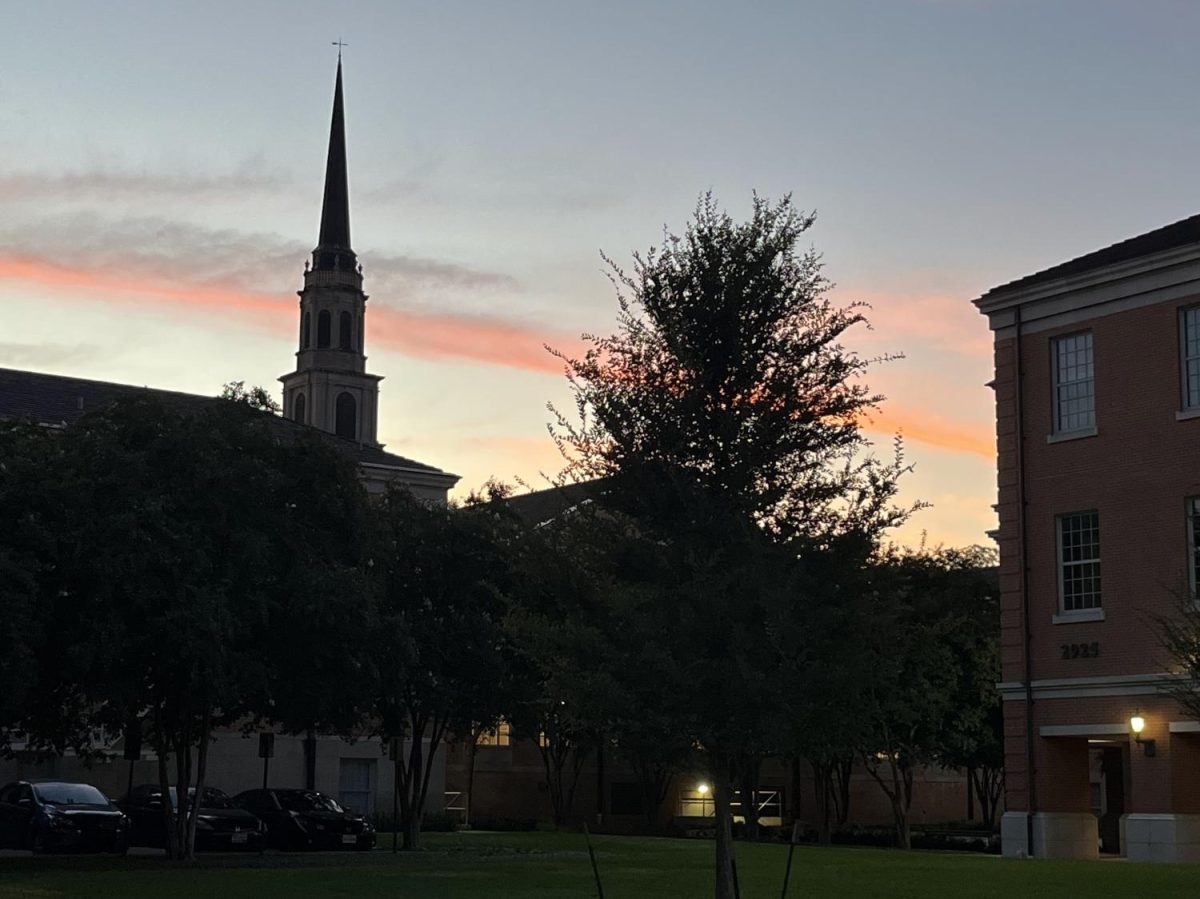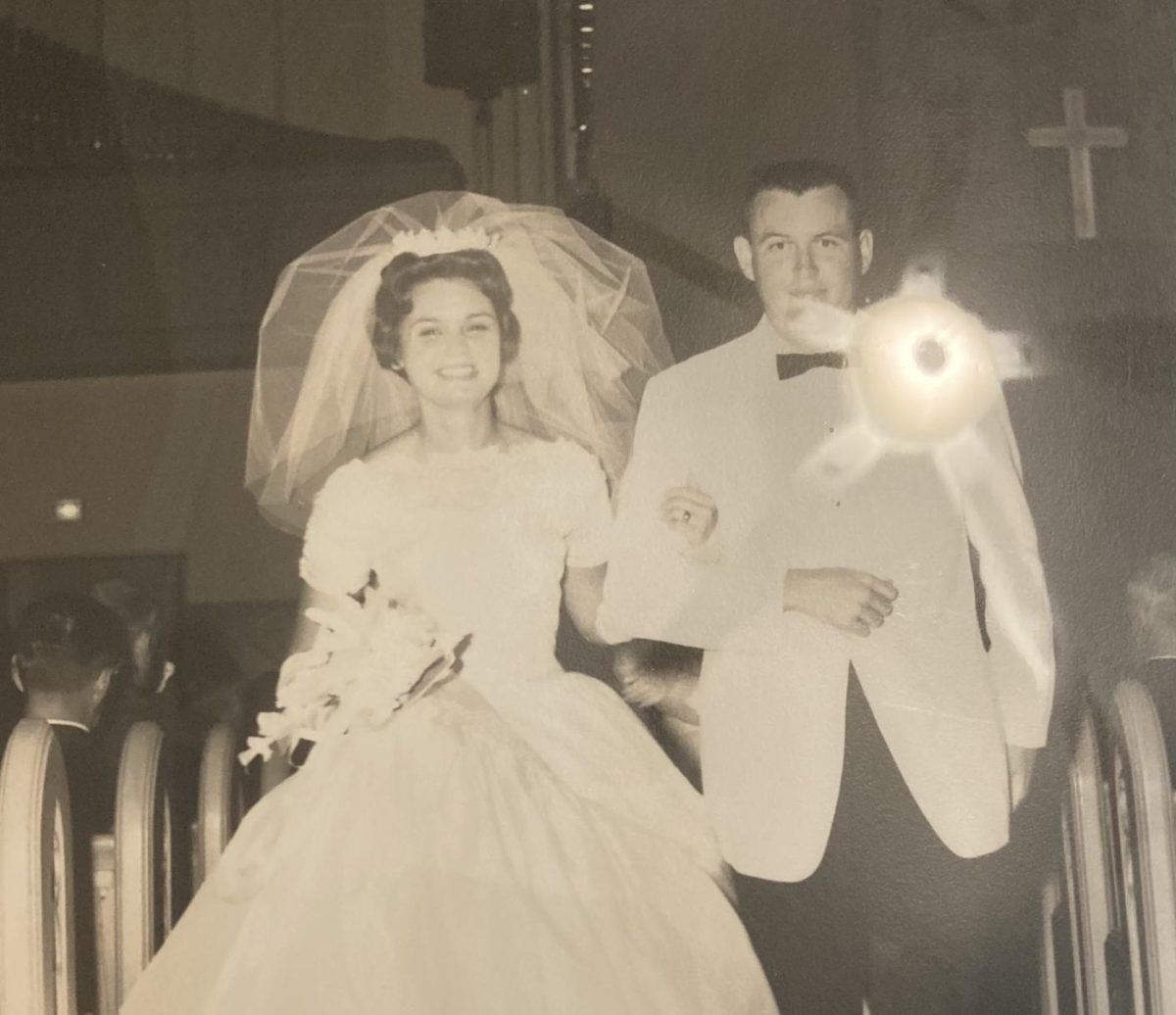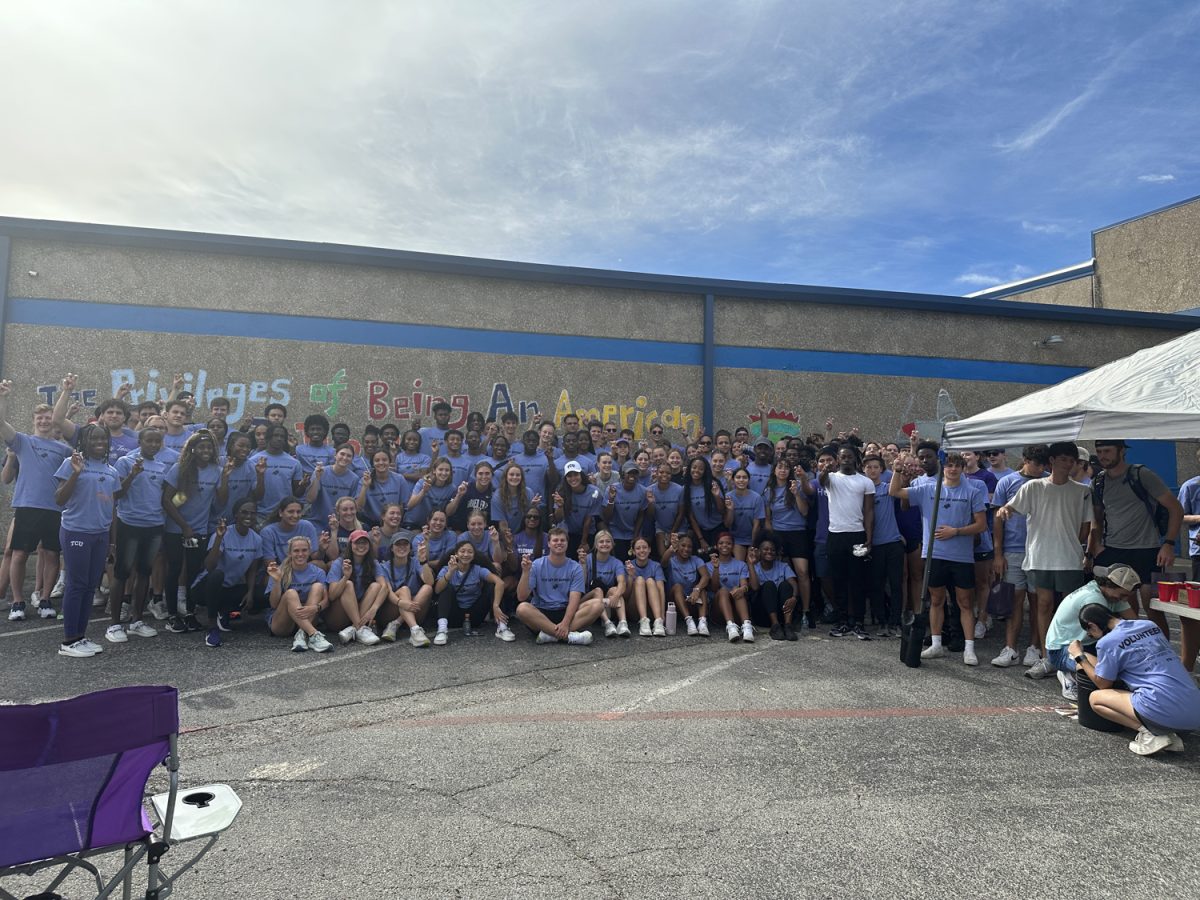TCU police are working with Fort Worth law enforcement officials as they try to determine who posted signs around campus promoting a white supremacist group.
Robert Rangel, TCU’s assistant chief of police, said the sign they found on Feb. 4 was the second this semester and third this academic year.
Rangel attributed the signs to Hundred-Handers, an anonymous white supremacist group. Its members are known for postings that read “Reject White guilt” and “Migration is not the answer” amongst other things.
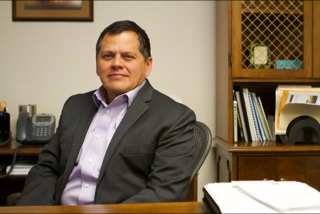
The signs found on campus read “Open borders for Israel” and “We’re more than a passport. BLOOD & SOIL.”
According to the Center for American Progress, the Southern Poverty Law Center has documented 434 incidents of white supremacist flyering on college campuses.
While people have freedom of speech, Rangel said it is against school policy and city ordinance to post any flyers without university permission.
He also said the flyers can’t deface property or have vulgar language that incites violence.
“We’re not trying to prevent people from expressing their first amendment right,” Rangel said. “They just have to do it in an acceptable way. Throwing posters around on someone else’s property and city property is not the appropriate way to do that.”
When opening an investigation, TCU police look to see if there was a crime committed and if it will cost the school money, Rangel said.
He said the consequences for defacing property depends on how much it costs to fix school property. The lowest offense is a Class C misdemeanor.
Texas and California are the states most affected by white supremacist propaganda, according to the Anti-Defamation League.
Rangel said it is difficult to prevent this from happening because TCU is an open campus and these white supremacy groups usually know the limit before they can get in trouble.
He said the groups are a concern because their websites usually show that they could insight violence. Rangel said the police can’t catch everyone, but people can do their part to help.
“The police alone can’t stop it,” Rangel said. “The community working together can minimize it and be our eyes and ears. That’s the philosophy of community policing.”

